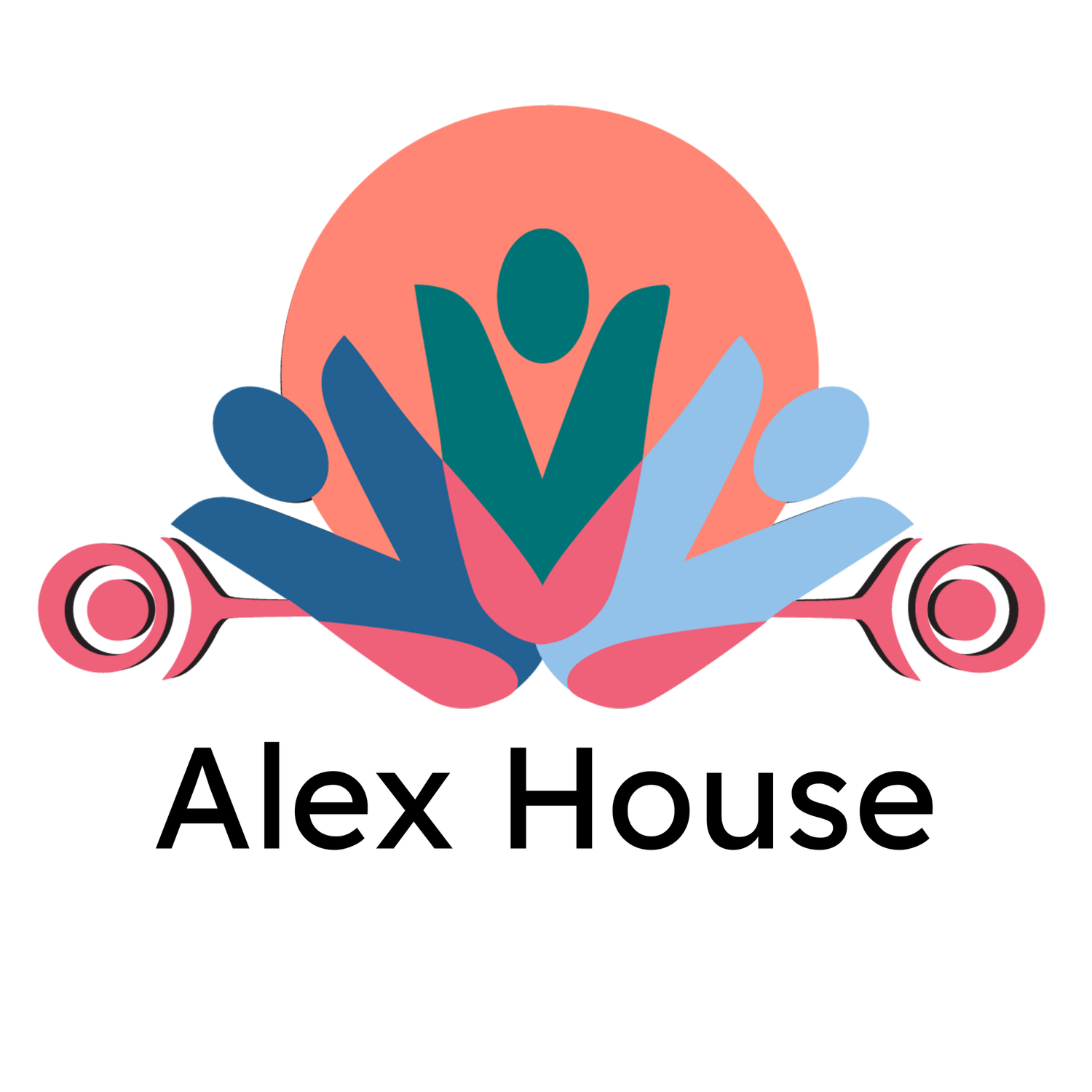Truth and Reconciliation
About Us >
Alex House Team Day with Nahanee Creative - Decolonize First
Alex House has operated on the stolen land of Semiahmoo Nation since 1916. Since 1970 we have expanded programming to the stolen land of q̓ic̓əy̓ (Katzie), and qʼʷa:n̓ƛʼən̓ (Kwantlen) Nations, providing our services throughout Surrey and White Rock. As we work towards decolonization, we recognize the sovereignty of the First Nations.
We recognize that, for over 100+ years, we have benefited significantly from colonization and the stolen land of the Coast Salish Peoples, specifically the land of Semiahmoo Nation. Today, Alex House is committed to disrupting the systems that continue to perpetuate the values of colonization.
We understand that the word stolen can be jolting, we use it intentionally to speak the unspeakable. Unceded means stolen, and only serves to make settlers comfortable. In order to have reconciliation we must be willing to learn and speak the truth. Without the truth, there is no hope of reconciliation. The discomfort one feels is necessary to move forward in a good way.
Truth
As an organization that originated through the Settlement Movement, we have committed to learning our own history and understanding about how we may have contributed to the development of systems that caused Indigenous people harm.
Reconciliation
We are committed to working towards reconciliation with Indigenous people, both through our day-to-day work and the implementation of a cultural safety plan. We have committed to learning the history of the land and its people in Crescent Beach, the Semiahma, as well as the the land of the q̓ic̓əy̓ (Katzie), and qʼʷa:n̓ƛʼən̓ (Kwantlen) people, where we also operate.
We hope our community will join us in this learning, and journey with us towards reconciliation.
We stand with Indigenous people, recognizing the sovereignty of the First Nations.
“True reconciliation, fundamentally, is about relationships. It means that you and I can coexist in mutual respect and all of us can afford each other dignity. Then we work on those issues that divide us. Sometimes it’s attitudinal racism, sometimes it’s economics, sometimes it’s social.”
About Us >
Truth and Reconciliation
Our pursuit of decolonization
As settlers, and visitors to this land, we must not turn away. We must find ways to contribute to a world that values Indigenous people and the history of the land we benefit from. Our work is ahead of us, and climate change response, human rights, and compassion will be the way forward.
We are called to steward the land, listening to and learning from Indigenous people. We must take care today, and tomorrow, to ensure a future for generations to come.
Rain Pierre - Protection (sɬə́məxʷ)
Artist & Motivational Speaker (he/him)
The theme of this art piece is conveyed through heavy blues and purples. The feeling of calm and destiny. The momma bear watches over her cub for protection and sharing teachings along both of their journeys. They both overlook the water to resemble 'seeing the bigger picture.' Something that we must do ourselves to grow and embrace self love. The bears are the spiritual protectors of the land, showing that we must take care of our home.
(Displayed onsite at Don Christian Children’s Centre)
The Summer of 2021 shattered our humanity, shedding light on the long-known but rarely told story of residential schools. It was a devastating awakening. The truth is that our Indigenous neighbours were bringing their stolen and lost children home.
The 2015 Truth & Reconciliation Commission publicized their 94 Calls to Action for all levels of government.
The 2019 Murdered and Missing Indigenous Women, Girls (and 2S+ individuals) report, Reclaiming Power and Place: The Final Report of the National Inquiry into MMIWG, provides calls for justice directed toward all Canadians as individuals. Section 15 outlines 8 clear ways we can each take steps to combat violence against Indigenous Women, Girls, and 2S+ people.
The key themes relate to learning about the true history of Canada and Indigenous history, speaking up against violence and racism, and working towards allyship (we don’t get to just call ourselves allies, we can only strive for allyship).
Help-Lines & Support Resources
for Residential School Survivors, and the families of Residential School Survivors and the MMIWG2+ people.
The Indigenous Residential School Survivors Society can be contacted toll-free at 1-800-721-0066.
A national Indian Residential School Crisis Line has been set up to support former students and those affected. Access emotional and crisis referral services by calling the 24-hour national crisis line: 1-866-925-4419.
Saa’ust Centre, brought to life by the Urban Indigenous Peoples’ Advisory Committee’s community, is an oasis for families and survivors affected by the national inquiry into Missing and Murdered Indigenous Women and Girls (MMIWG).
First Nations Health Authority provides culturally safe and trauma-informed cultural, emotional, and mental health services to Indigenous people in BC.
Kuu-Us Crisis Line Society provides crisis services for Indigenous people across BC. Adults and Elders can call 250-723-4050 for support; youth can call 250-723-2040. A toll-free number is available at 1-800-588-8717.
At Vancouver Public Library’s Connection to Kith and Kin experts help Indigenous participants search online records for family documents. Searching can be an emotional experience.
The Indian Residential School Survivors Society has provided a Resolution Health Support Worker to join the participants during their journey
WAVAW - to support the family members of Missing and Murdered Indigenous Women, Girls and Two-Spirit People through various counselling services, designed to address the impacts of loss, trauma, and systemic injustice experienced within the family.



